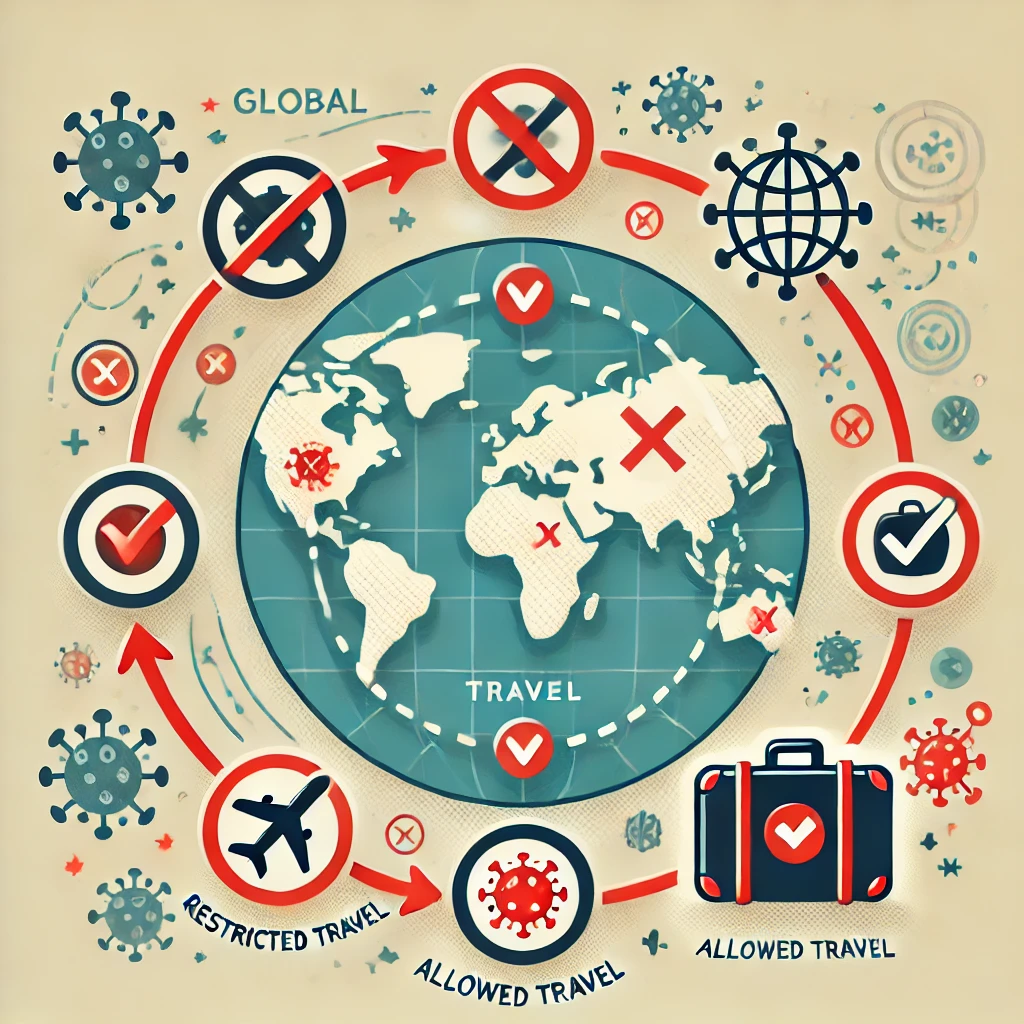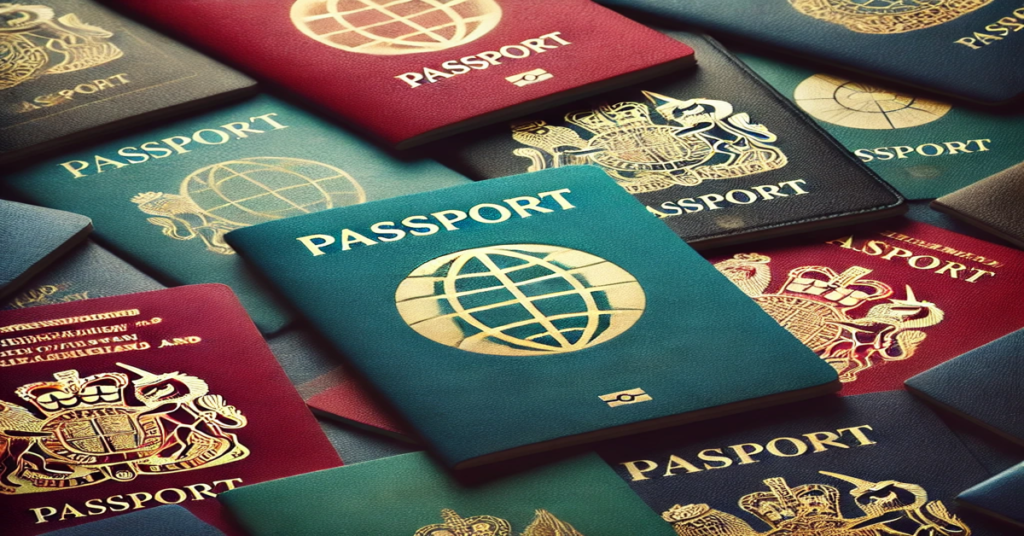As of 2024, numerous countries are maintaining COVID-19 travel restrictions to safeguard public health. These measures include vaccination requirements, testing protocols, and quarantine mandates for travelers from different regions. Due to the evolving nature of the pandemic, travelers must stay informed about specific regulations to ensure compliance and prioritize safety.
China enforces strict entry protocols. All travelers must present a negative COVID-19 test taken within 48 hours before departure. Depending on the traveler’s country of origin, a quarantine period of up to 14 days may be required upon arrival. These measures help prevent the virus’s spread within its borders. China’s policies are part of its continued cautious approach to managing public health risks.
Japan mandates that travelers provide proof of vaccination. Unvaccinated travelers must submit a negative test result taken within 72 hours before departure. Entry restrictions may vary depending on the traveler’s nationality. Japan’s comprehensive entry requirements highlight its emphasis on controlled border management and public safety. By differentiating restrictions based on nationality, Japan adapts measures to potential risk factors.
Australia has established a vaccination requirement for all incoming travelers. Unvaccinated individuals need to secure an exemption and must present a negative COVID-19 test result taken within 72 hours before boarding. Australia’s policy reflects its dedication to minimizing health risks while allowing international travel. Exemptions are limited and subject to approval, ensuring the strict enforcement of health protocols.
Thailand has instituted specific health insurance requirements for visitors. Travelers must carry insurance that includes COVID-19 treatment coverage. Additionally, a negative COVID-19 test is necessary for entry. This dual approach addresses potential healthcare burdens and ensures that visitors are adequately prepared for medical contingencies. Thailand’s policy prioritizes health safety and financial preparedness.
India requires a self-declaration form for all travelers. Unvaccinated individuals must provide a negative RT-PCR test result taken within 72 hours before departure. India’s travel protocols reflect a balance between safeguarding public health and maintaining inbound travel. The self-declaration form supports contact tracing efforts and provides authorities with essential health data.
Malaysia enforces entry requirements that frequently change. Travelers should verify current regulations before their arrival. Vaccinated travelers often face fewer restrictions, emphasizing the country’s commitment to incentivizing vaccination. Malaysia’s dynamic approach ensures that its travel policies remain adaptable to the latest health advisories and COVID-19 developments.
Singapore operates under a Vaccinated Travel Framework. Fully vaccinated travelers can enter without quarantine, but they must take a pre-departure COVID-19 test. This policy reflects Singapore’s strategic focus on reopening its borders while managing public health risks. The framework serves as a structured way to facilitate safer travel and reduce administrative burdens.
Indonesia restricts entry based on travelers’ countries of origin. All travelers must provide proof of vaccination and a negative COVID-19 test taken before arrival. These measures allow Indonesia to tailor its entry protocols to various risk levels associated with different regions. Entry rules are updated regularly, emphasizing the need for travelers to confirm current requirements before travel.
Vietnam mandates health declarations upon entry. Visitors may undergo additional testing based on their vaccination status and the country they are traveling from. Vietnam’s emphasis on health declarations supports its public health surveillance efforts, allowing authorities to monitor and respond to potential COVID-19 cases effectively. This system helps mitigate the virus’s spread while maintaining essential international connections.
Philippines requires vaccination for all incoming travelers. Unvaccinated individuals must present a negative COVID-19 test result and may be subject to quarantine. This stringent measure ensures that both vaccinated and unvaccinated travelers adhere to protocols that prioritize public health. Quarantine requirements add an extra layer of protection for the community, especially during periods of higher risk.
These travel restrictions aim to mitigate the spread of COVID-19 while balancing the need for international travel and economic activity. They reflect each country’s response to managing public health challenges and promoting safe travel. The various approaches highlight the importance of staying informed through official government channels to adhere to the latest entry requirements.
The dynamic nature of these regulations underscores the global commitment to reducing COVID-19 transmission while facilitating international mobility. Ensuring compliance with vaccination, testing, and quarantine protocols helps protect travelers and residents alike. As the situation evolves, travelers should monitor updates and be prepared for possible changes in restrictions, which could impact travel plans and entry procedures.
Understanding the specifics of these travel policies allows for better preparation and reduces complications during travel. Nations continue to balance reopening with protective measures to manage health risks effectively. Compliance with these rules is essential for a smoother travel experience and helps support the ongoing global effort to manage COVID-19 responsibly.




Pingback: Travel Disruptions Hit UK, Italy, and France Amid November Strikes: Tube, Train, and Flight Services Affected - gladtraveler.com
Pingback: Best Christmas Markets In The World You Can't Miss 2024 - gladtraveler.com
Pingback: Canada Visitor Visa Update: Automatic 10-Year Visas No Longer Issued 2024